Responsible shrimp farming initiative aims to ‘drive good farming and social practices’
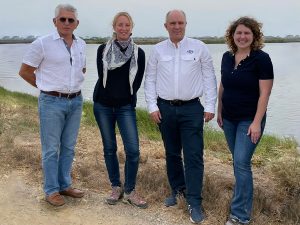
Earthworm Foundation, an international non-profit undertaking social and environmental projects, has partnered with aquafeed supplier BioMar to drive responsible shrimp projects in Ecuador. Announced at Seafood Expo Global in Barcelona, the full value chain collaboration includes deforestation-free aquafeeds, as well as capacity-building initiatives to “drive social change and sustainability best practices in the region.”
“Shrimp farming has a unique impact on the environment and there is an opportunity to work with Ecuadorian shrimp producers to support them by sharing improved environmental and social practices,” said Florie Hovine, member manager at Earthworm Foundation.
During the last year, BioMar and Earthworm Foundation have been assessing the Ecuadorian shrimp industry to build a framework for addressing the major issues in the industry. Adopting a holistic approach, the project analyzes everything from sourcing raw materials to the production and processing of shrimp.
The initiative also includes raising awareness and training staff in global best practices that extend beyond standard certification schemes. Specifically, the BioMar-Earthworm Foundation project will support educational programs aimed at upskilling local people to enable them to become qualified for shrimp farming employment. That way, local communities can benefit from the future expansion of the Ecuadorian shrimp segment.
“The expansion of any market requires us to consider the impact on people and the environment,” said Henrik Aarestrup, Vice President LATAM, Shrimp & Hatchery, BioMar Group. “By partnering with a highly respected and knowledgeable organization that specializes in social and environmental initiatives like Earthworm Foundation, we are ensuring that the growth of Ecuadorian shrimp production is done in the right way.”
Black soldier fly larval production in a stacked production system
Shrimp is primarily considered a commodity and is often farmed and processed in bulk. The BioMar-Earthworm Foundation project aims to “move the market beyond commodity thinking” to create fully traceable, value-added products that consider both social and environmental impact parameters.
“Today’s consumers are becoming more and more conscious about their seafood choices,” said Aarestrup. “They want to know where their seafood comes from and the impact it has had on the environment and local communities. Through this BioMar-Earthworm Foundation project, our two organizations can cater to the consumers’ needs.”
Follow the Advocate on Twitter @GSA_Advocate
Now that you've reached the end of the article ...
… please consider supporting GSA’s mission to advance responsible seafood practices through education, advocacy and third-party assurances. The Advocate aims to document the evolution of responsible seafood practices and share the expansive knowledge of our vast network of contributors.
By becoming a Global Seafood Alliance member, you’re ensuring that all of the pre-competitive work we do through member benefits, resources and events can continue. Individual membership costs just $50 a year.
Not a GSA member? Join us.
Author
Tagged With
Related Posts
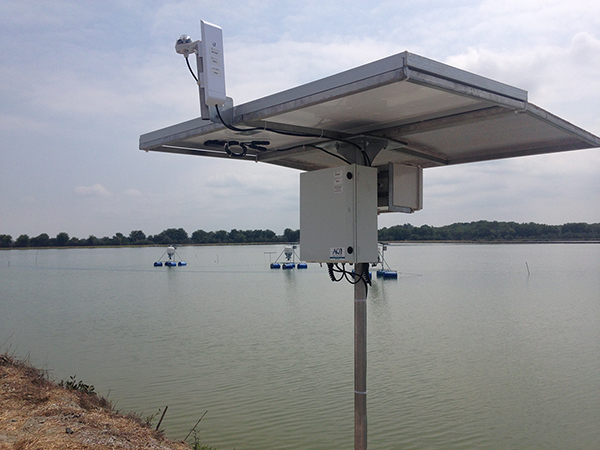
Innovation & Investment
BioMar acquires intelligent feeding technology for shrimp farming industry
BioMar has acquired AQ1 Systems, the world’s leading producer of acoustic feeding technology for the shrimp farming industry.
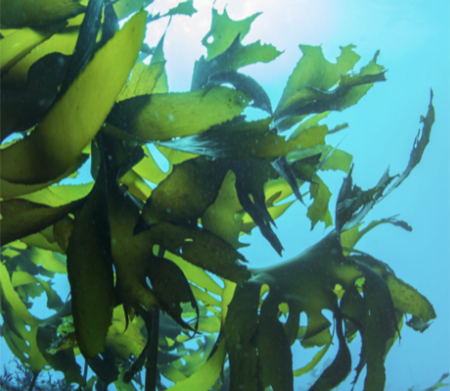
Aquafeeds
BioMar adopts microalgae into aquafeed, hits ‘major sustainability milestone’
Aquafeed supplier BioMar hits a major sustainability goal by reaching 1 million metric tons of salmon feed containing microalgae.
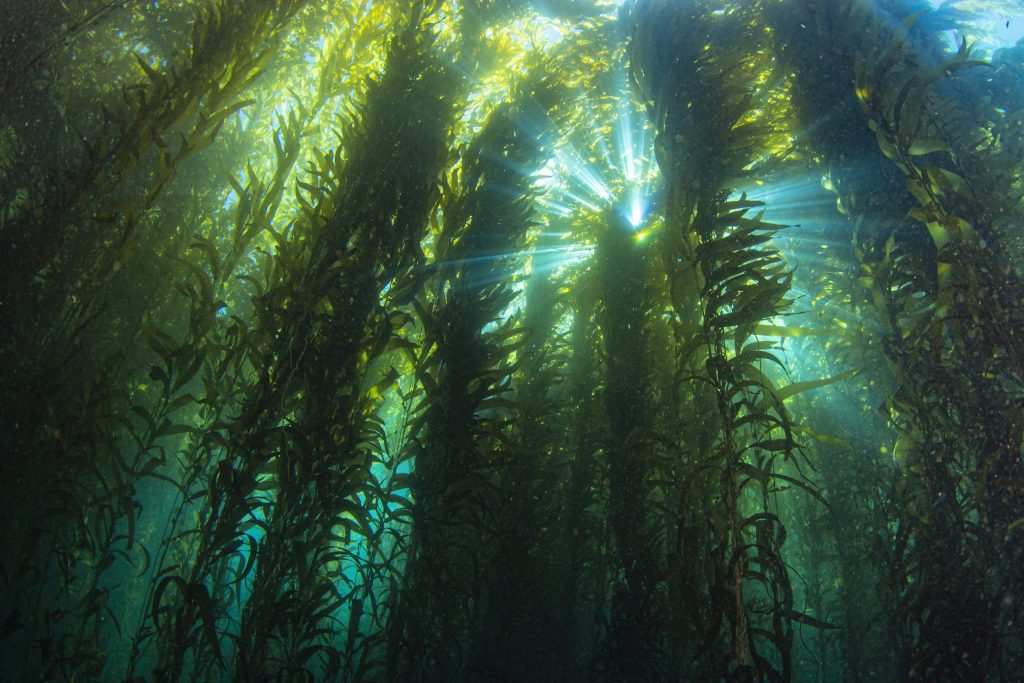
Aquafeeds
BioMar scales up inclusion of microalgae into raw materials
BioMar, a global leader in sustainable aquaculture feeds, is scaling up the inclusion of microalgae into its raw material portfolio.
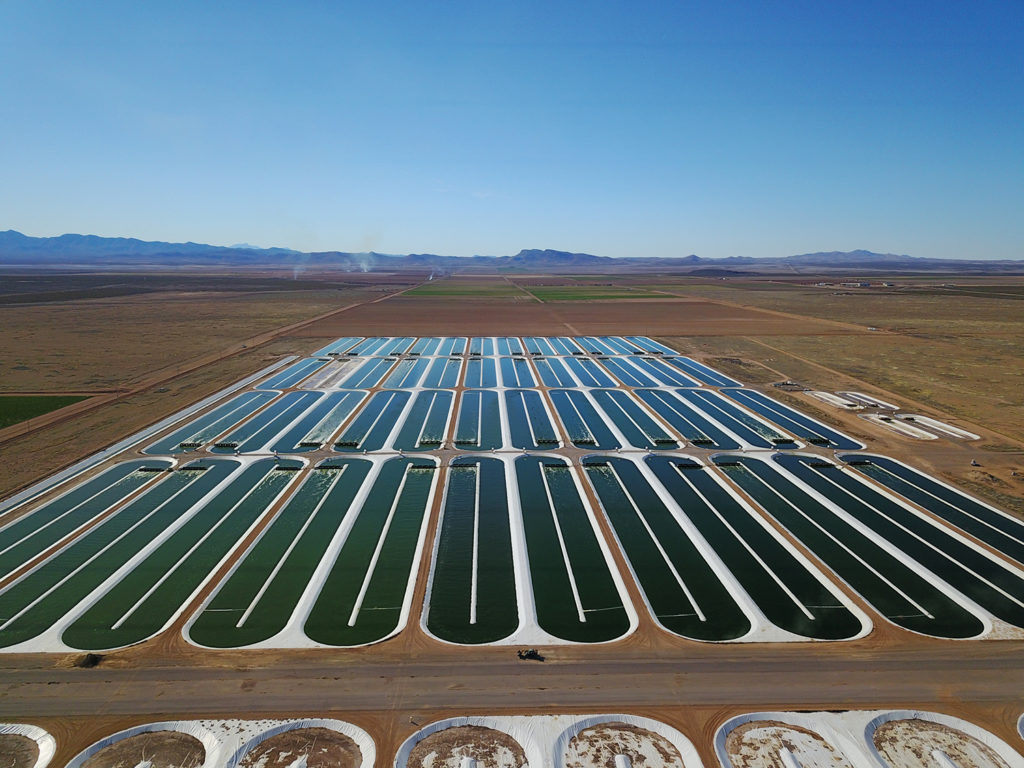
Aquafeeds
Pond-cultivated algae: Slimy superhero for aquafeeds?
Qualitas Health, which grows algae in ponds in New Mexico and Texas for human supplements, is entering the alternative aquafeed ingredient market.



